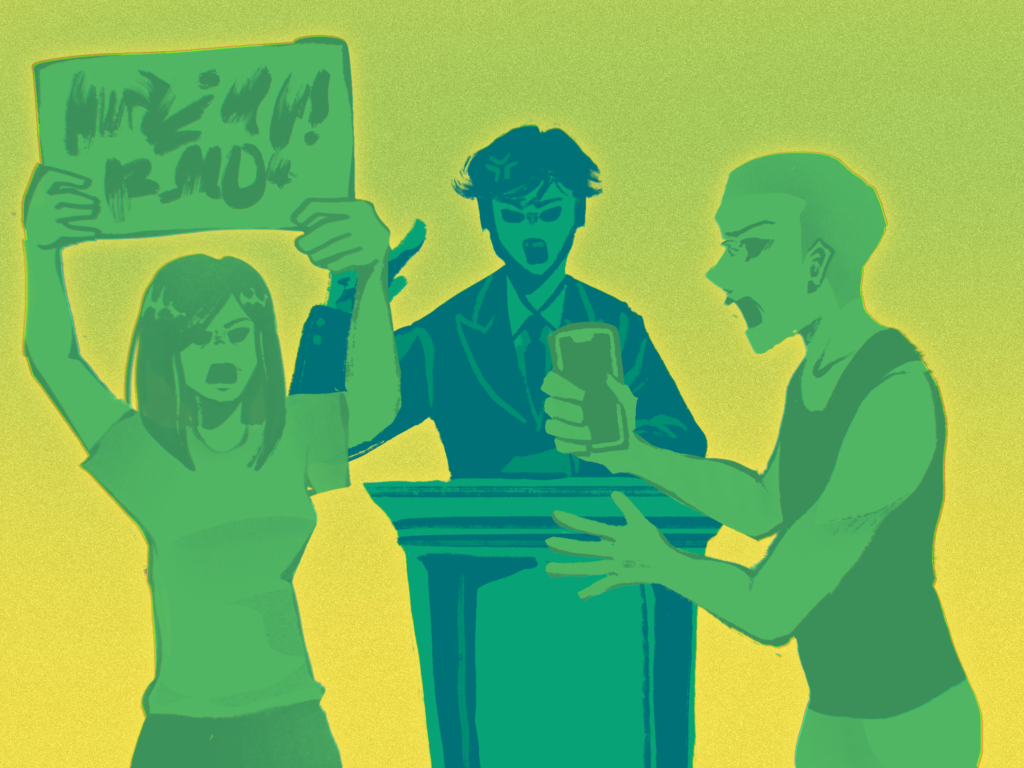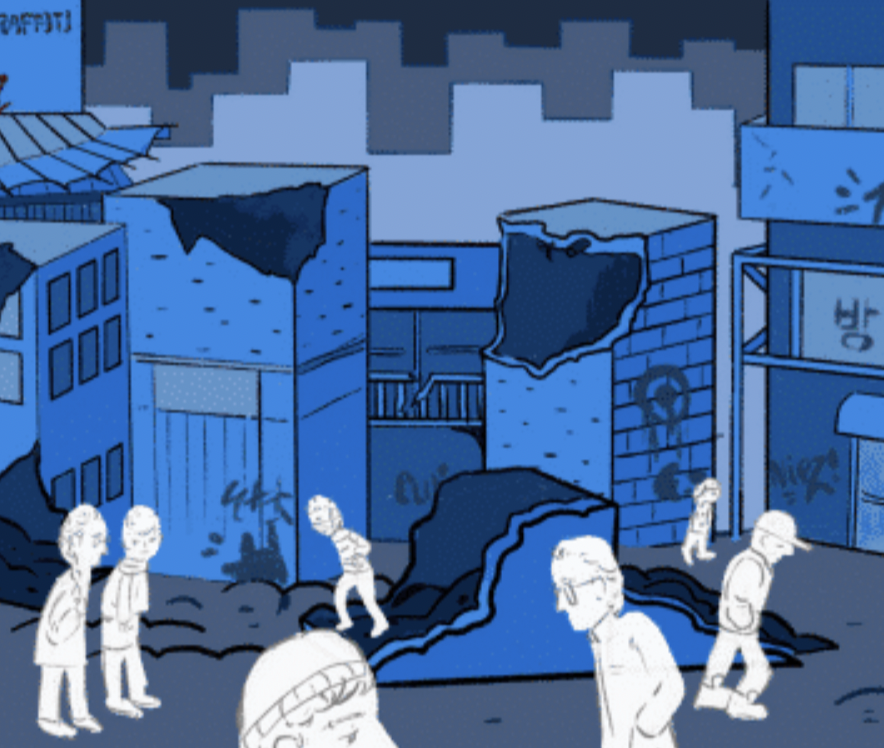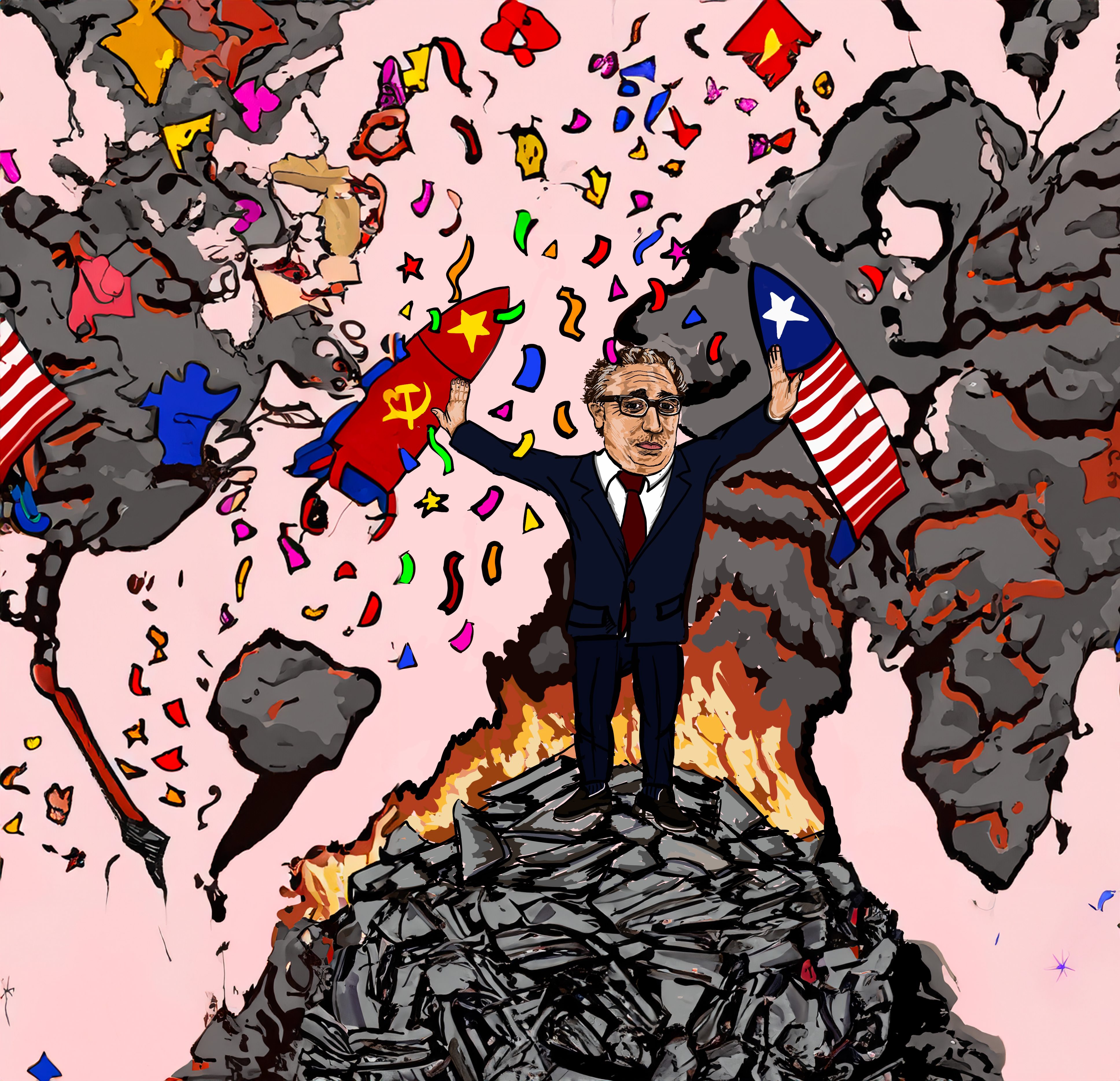On April 21, Cyclone Kenneth, the largest in Mozambique’s history, hit the country, leaving entire towns decimated. Yet this is only the latest in recent Mozambican news. In March, Cyclone Idai, one of the worst tropical cyclones ever recorded in the Southern Hemisphere, struck the country. Mozambique is still struggling to recover, with thousands of displaced persons and new outbreaks of cholera every day from a dire lack of clean drinking water.
As horrific as these events are, I saw only one headline that mentioned these cyclones. Around campus, I hear students discussing other global events, but nothing about Mozambique. This is a problem that often arises with news stories originating in non-western countries, especially African ones; we’re so focused on our Eurocentric sphere that Africa rarely enters the discussion.
Why is this the case? The answer is simple: because of western-centric viewpoints fed by racism. Eurocentrism has been a rampant issue for centuries, but rarely do we discuss the specific ramifications this has for African countries. Although it’s undeniable they face large-scale racism, countries such as Brazil, China, and India have long been regarded as worthy trade partners, or even opponents. But most news reports fail to discuss the economy of Botswana or the military prowess of Egypt; they barely take the time to note the difference between African countries, each of which contains many distinct languages, cultures, and ethnic groups. When many picture Africa, they don’t picture the ultra-modern skyscrapers of Nairobi or the Inga Falls of the Congo; many see a barren desert and poor black people living in mud huts.
In the case of a natural disaster, this ignorance takes on additional meaning. The increase in amount and severity of natural disasters is directly linked to climate change, and as much as blogs love to suggest going vegan and taking shorter showers, implying the blame lies with individual action — according to The Guardian, almost a third of carbon emissions are from a single group of one hundred companies, including ExxonMobil, Shell, and Chevron. Most of these companies are American-owned, American-staffed, or American-backed. When a country is slammed back-to-back with some of the worst cyclones on record, people tend to ask questions. Is this normal? If not, what is the cause? The answers lead directly to the issue of climate change, to which these 100 companies have contributed to. It’s easier and better for business for no one to report on these events at all, especially considering that developing countries like Mozambique are disproportionately affected by climate change as compared to Western nations.
Most of the Eurocentric rationale stems from the idea that Western countries are better, yet the U.S. became economically powerful, in part, by stealing resources to ensure it would emerge as a global power. America-centric views are hypocritical; they aren’t truly about “protecting” America, but about upholding the power and influence of white supremacy..
The amount of news coverage a situation receives may not seem important, but in reality, the media helps shape the minds of past, present, and future generations. It’s essential that we teach ourselves about the world, not just America. The cyclones in Mozambique serve as a shocking reminder about how biased our coverage has become, feeding into our prejudiced global perspective.




